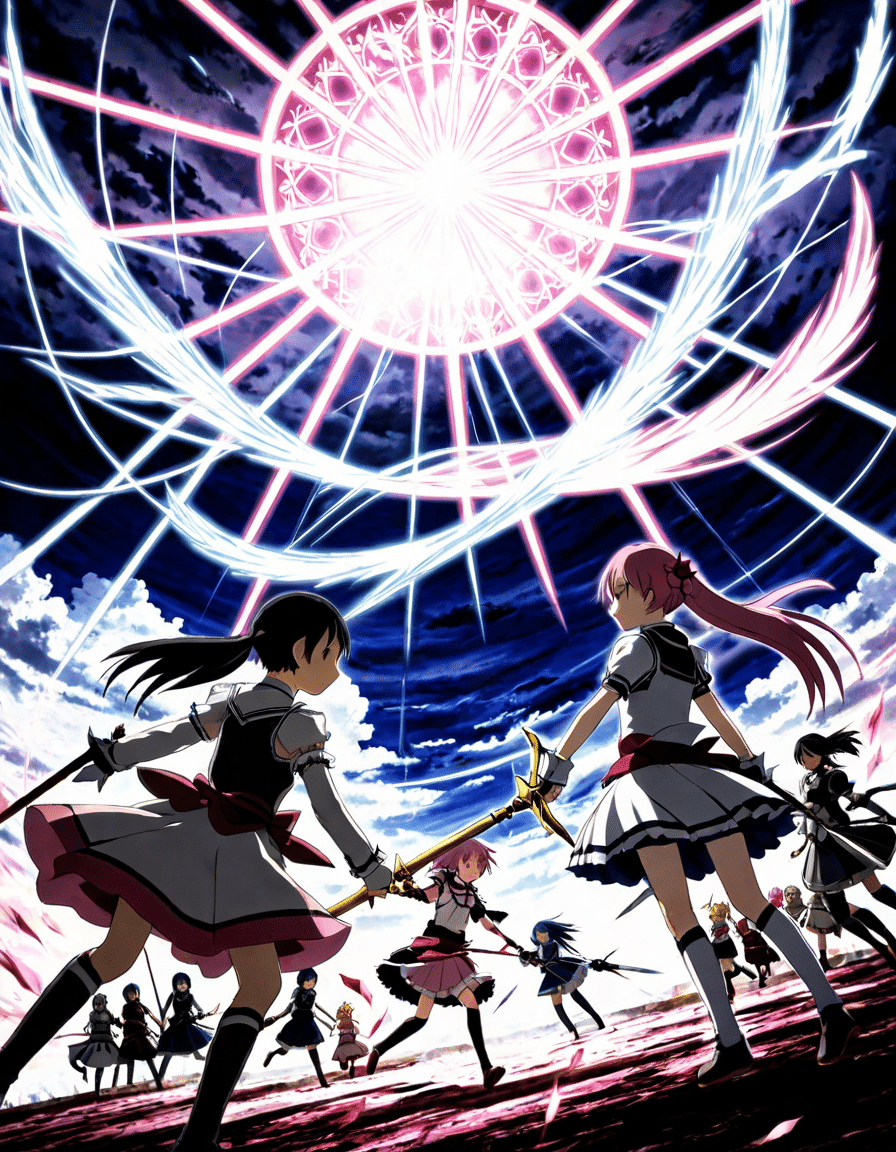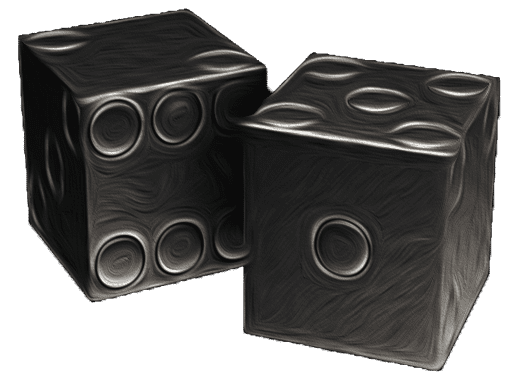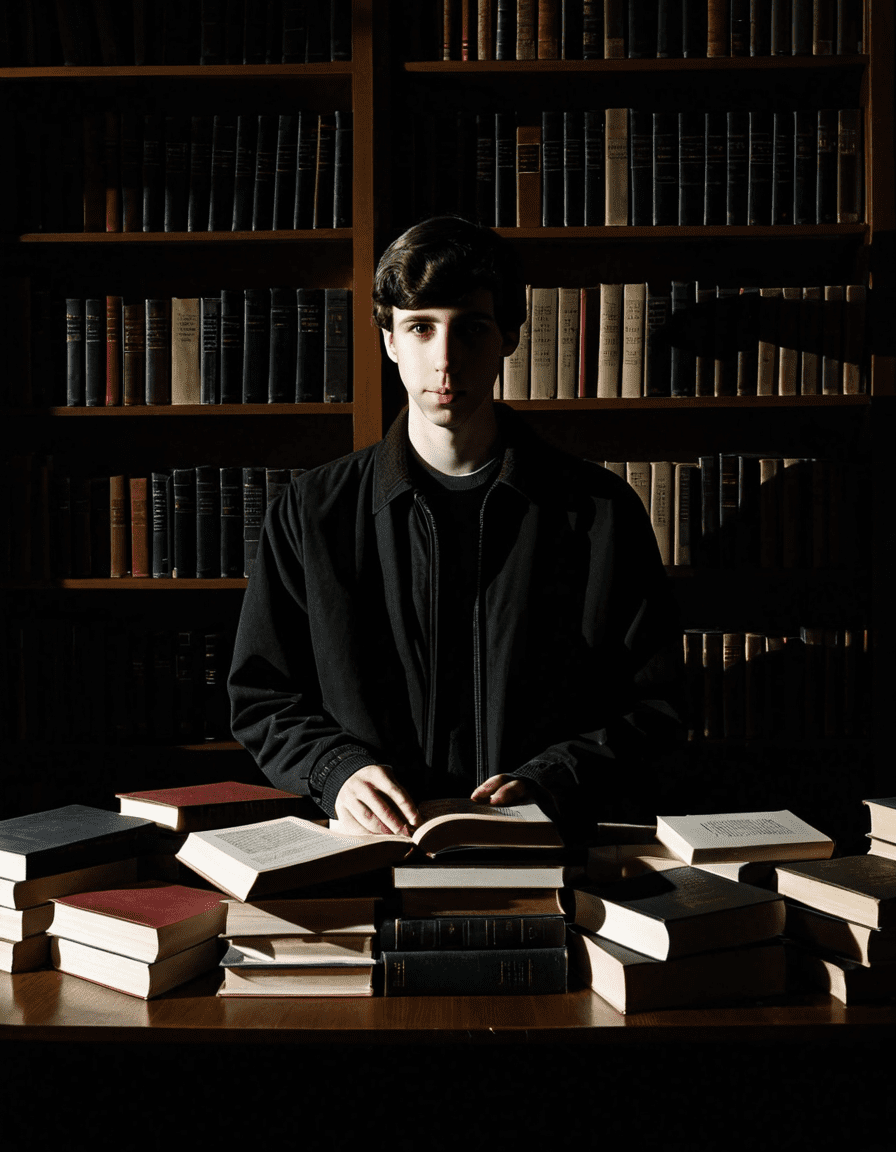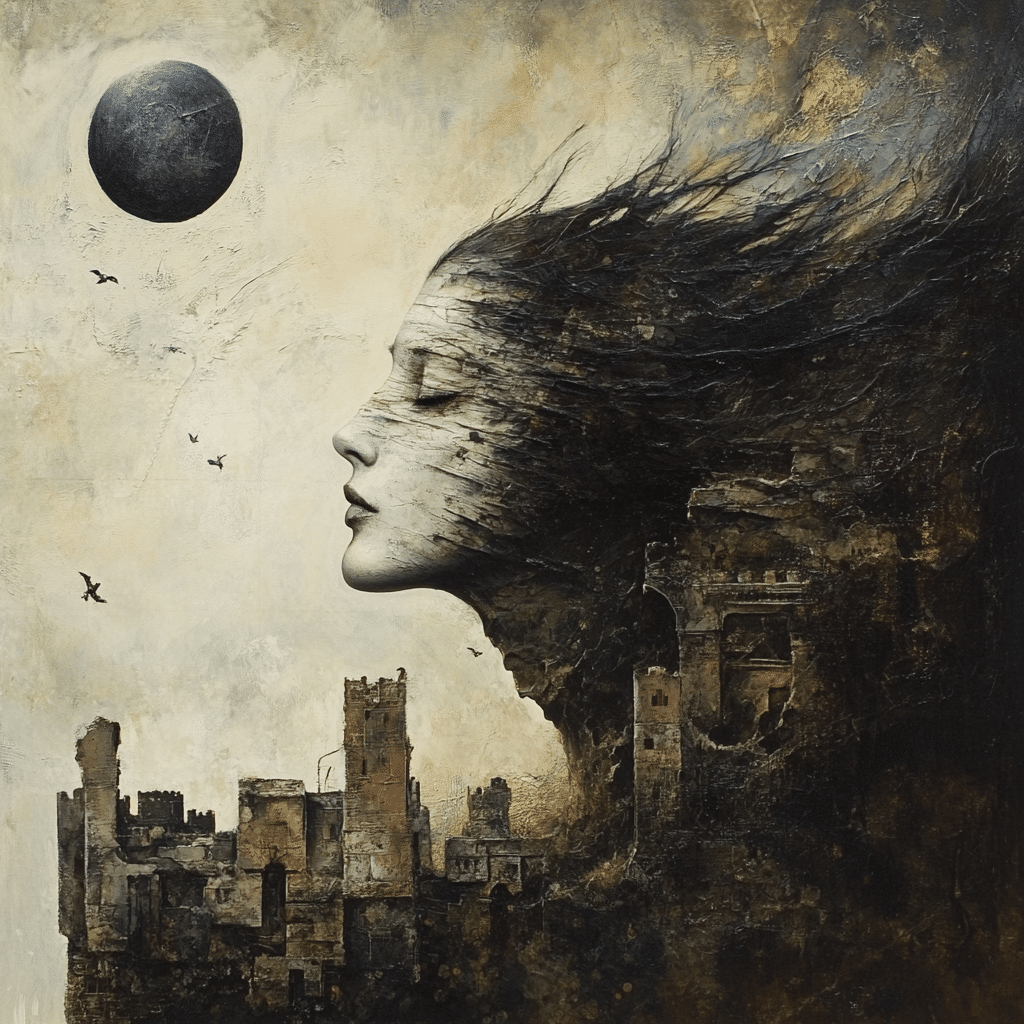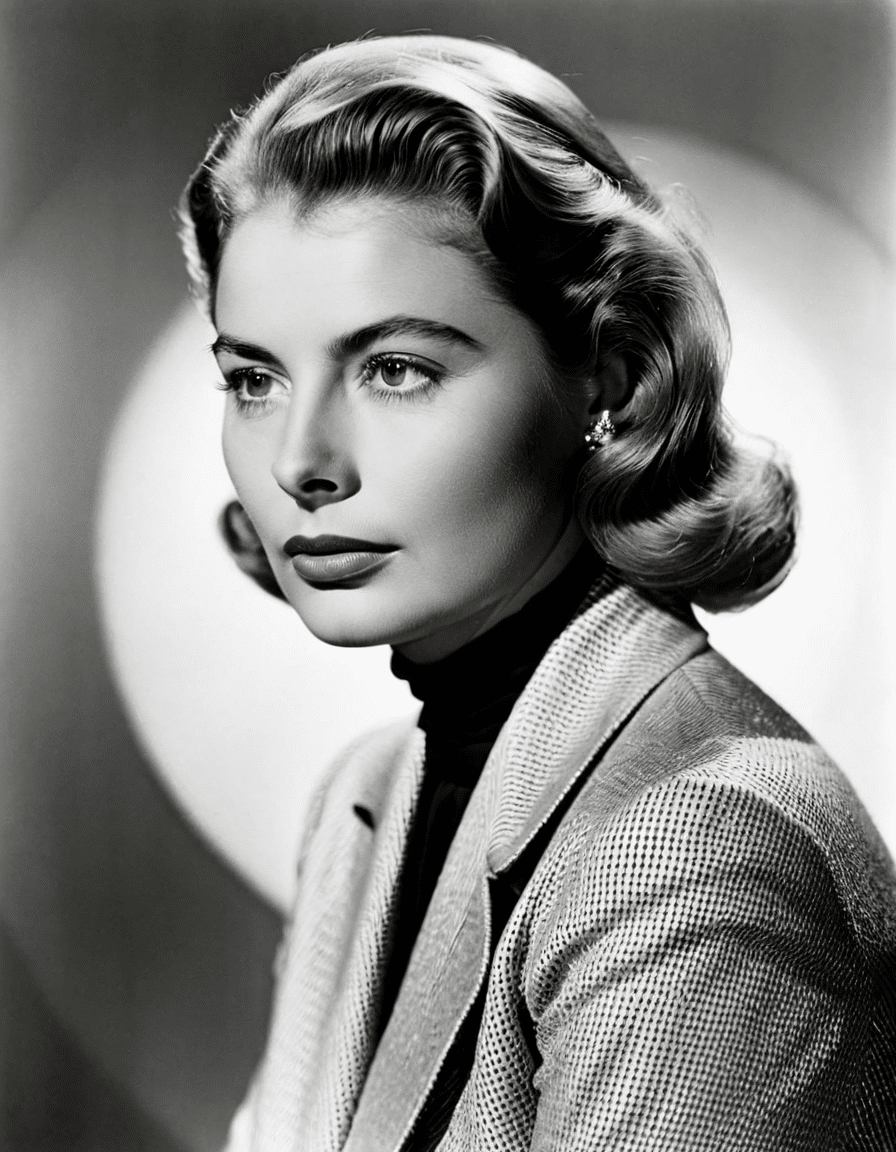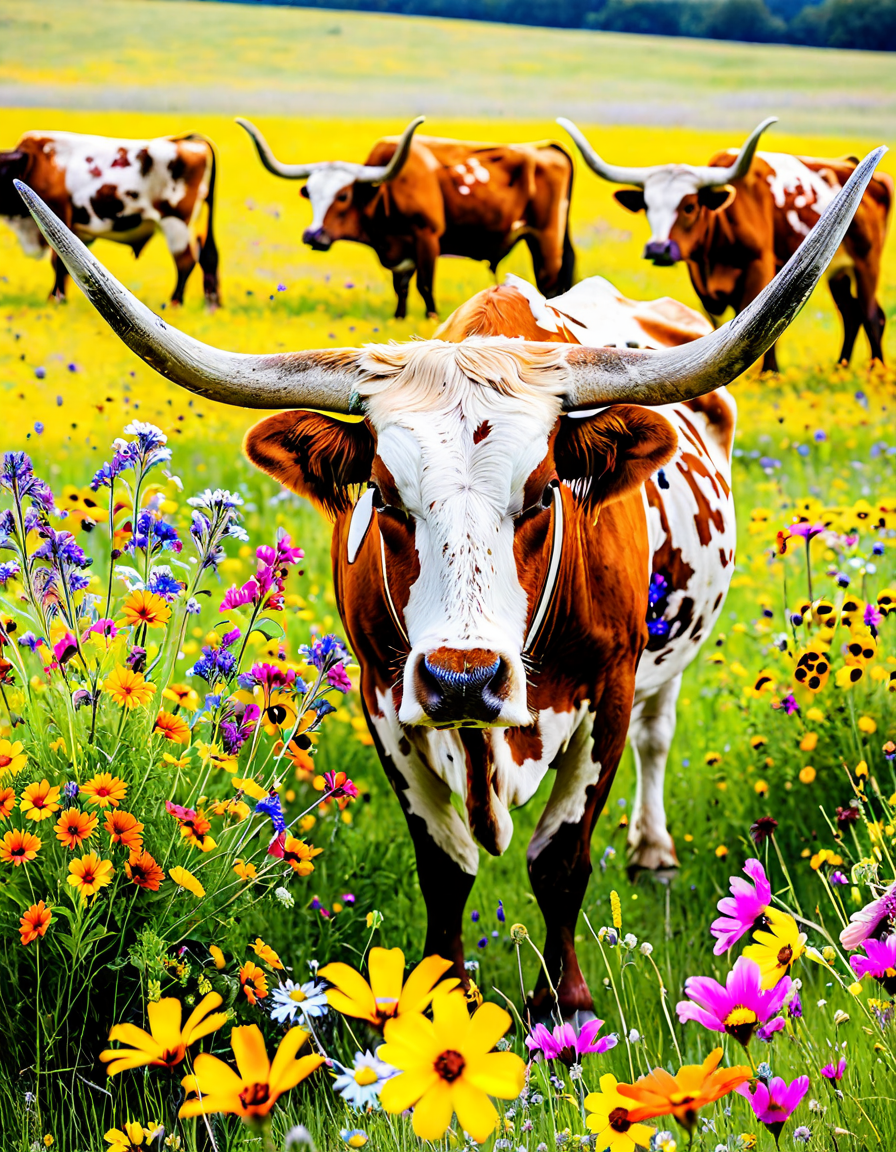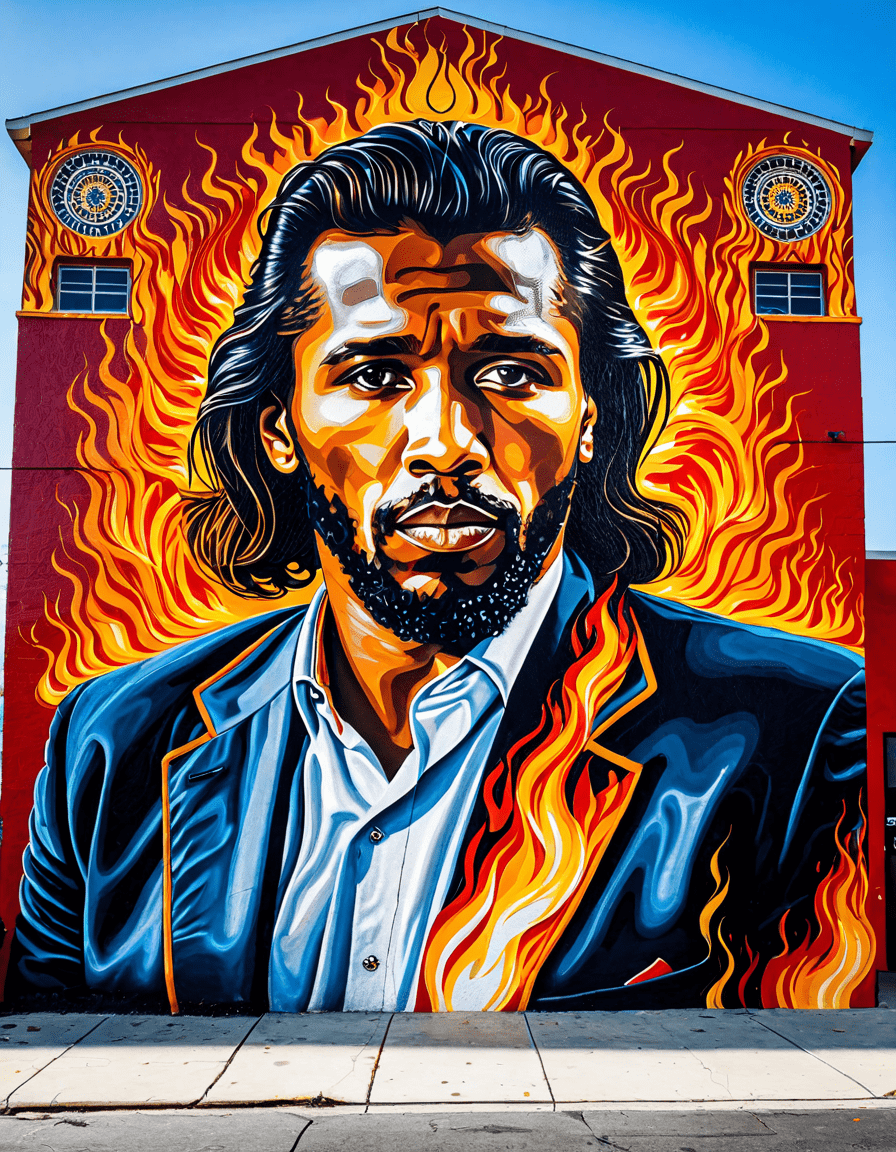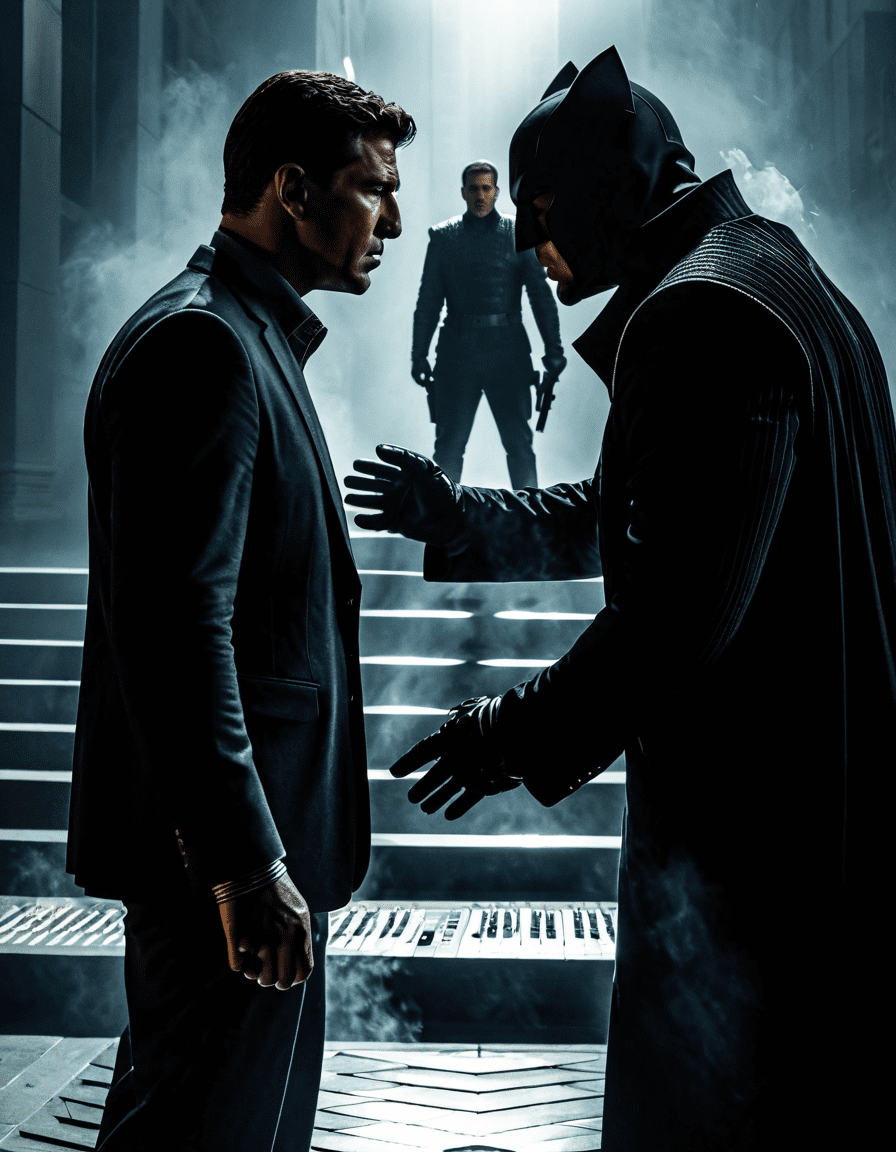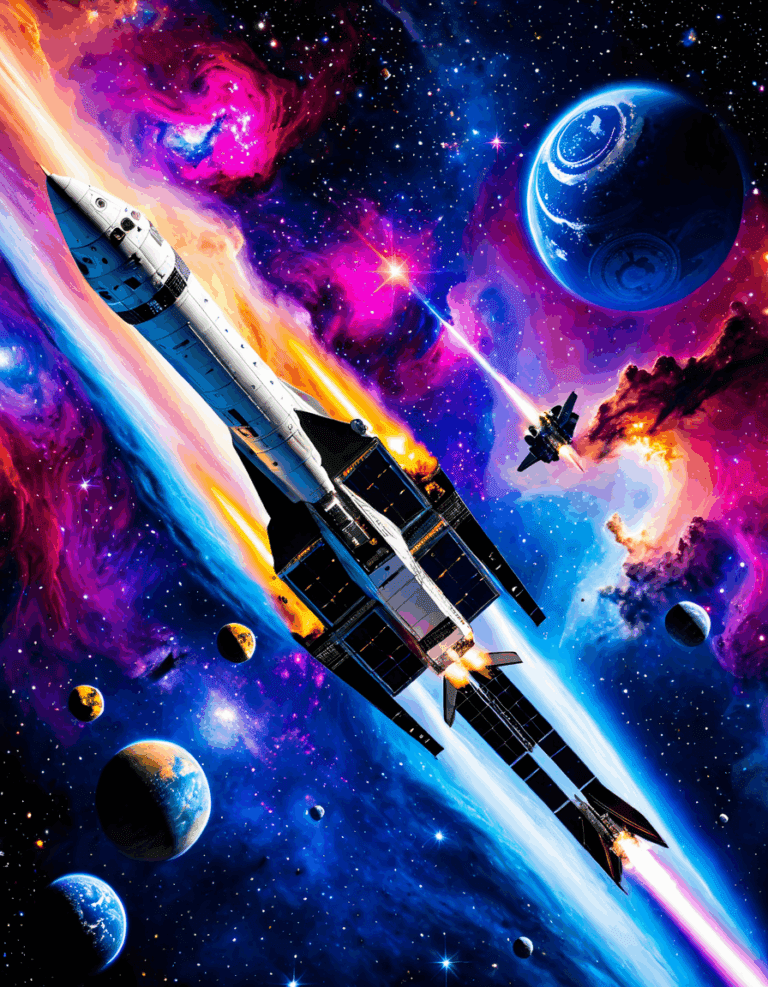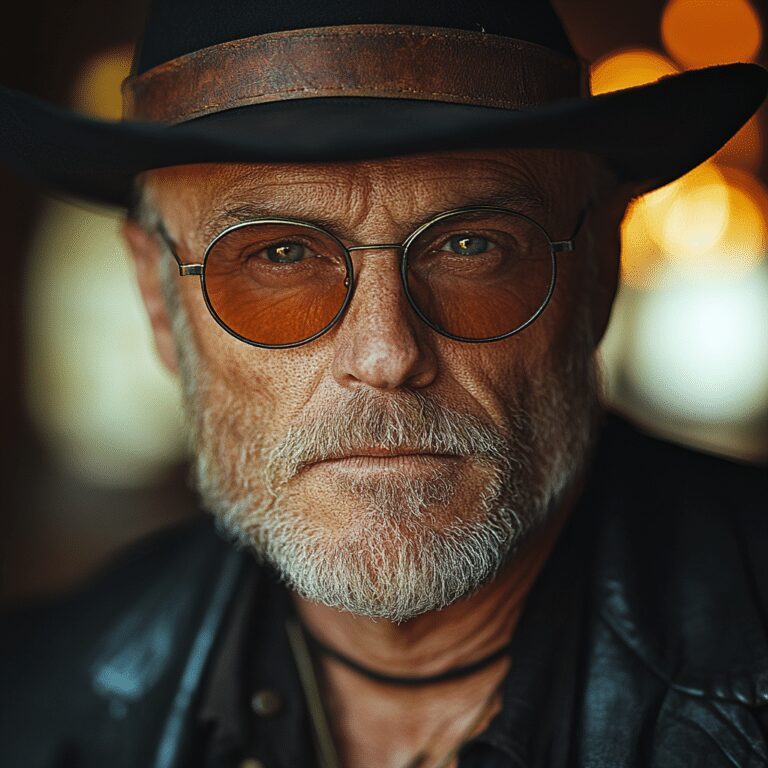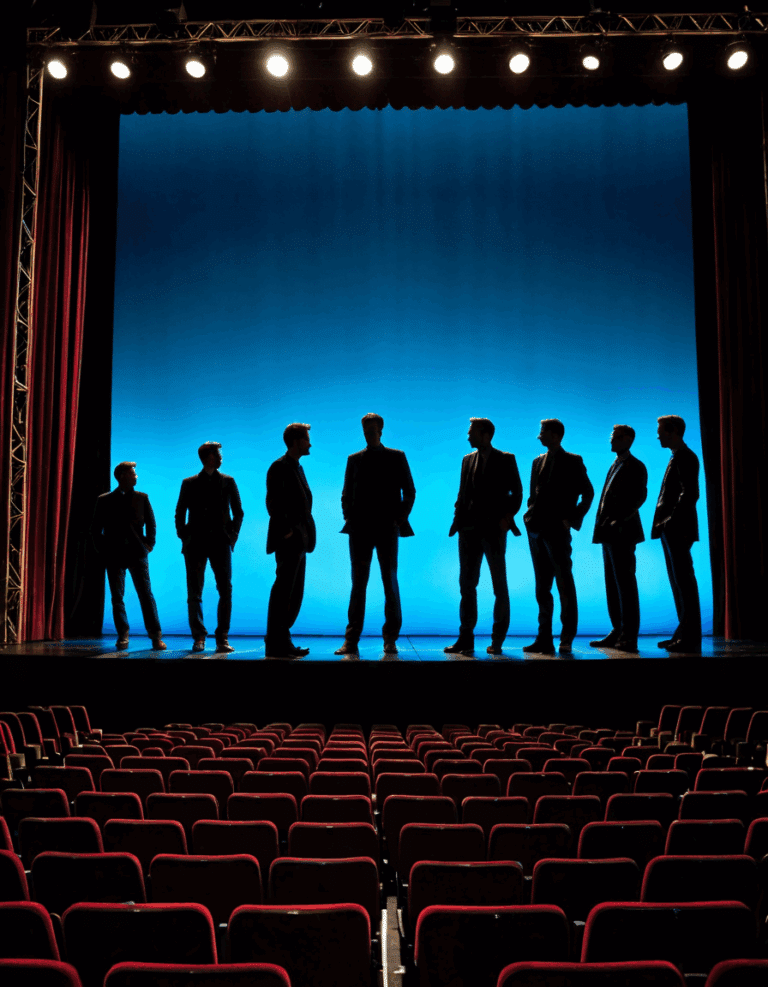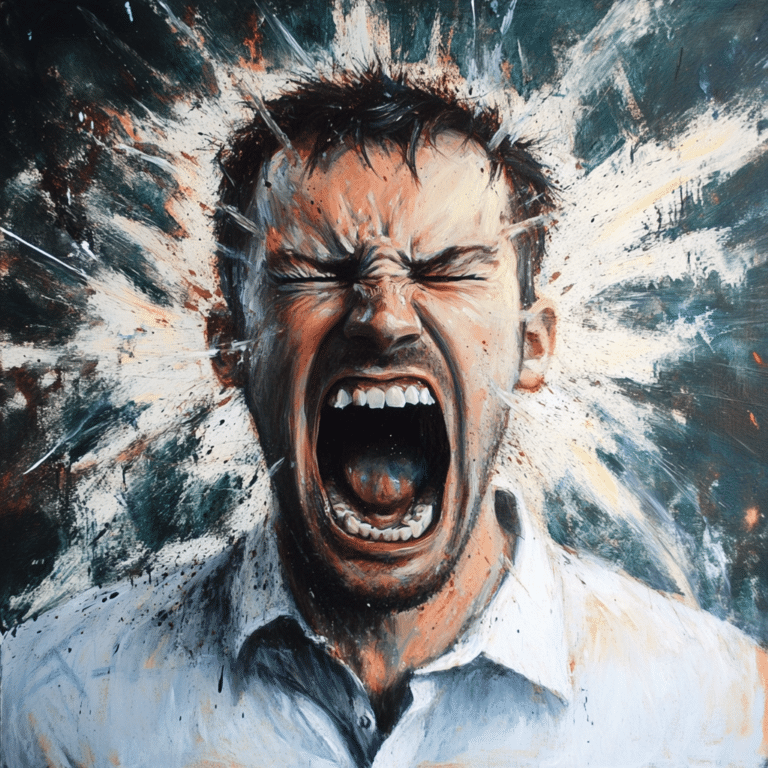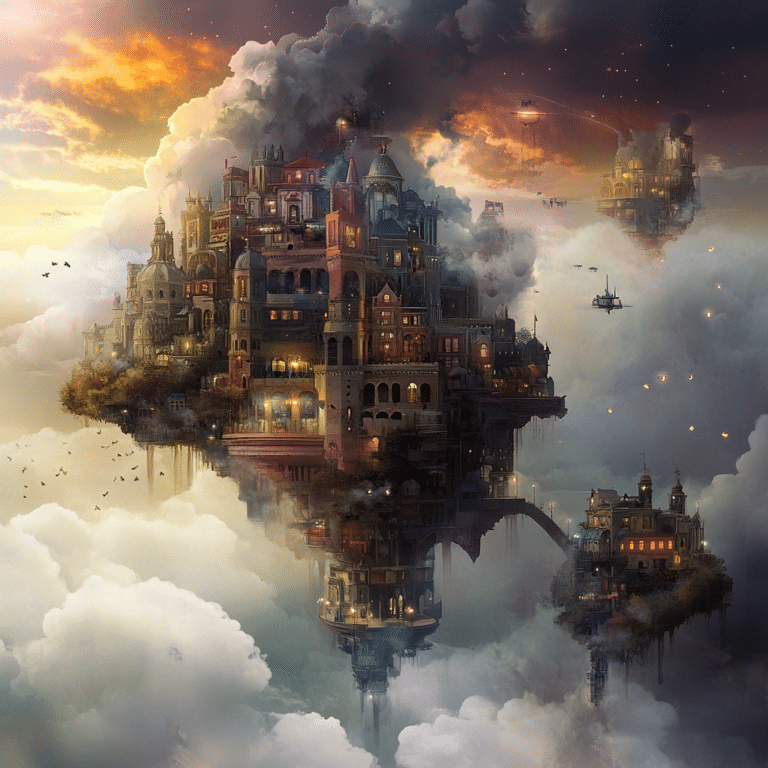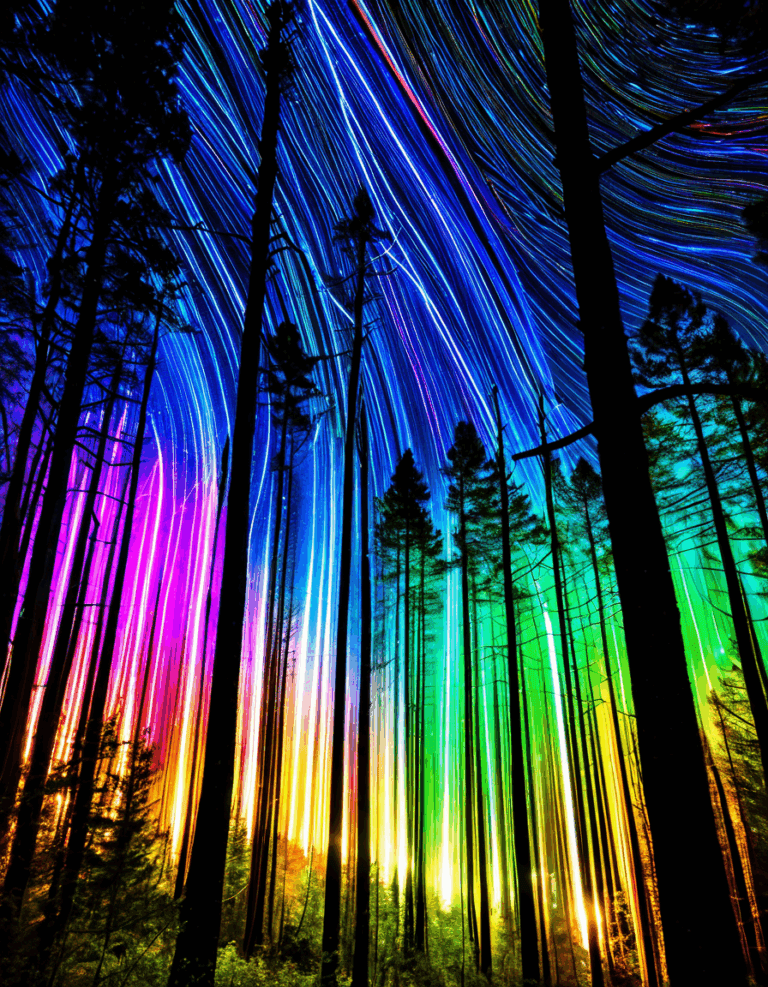When we think about the magical girl genre, vibrant colors, sparkly transformations, and catchy theme songs immediately come to mind. But hold onto your broomsticks, because “Madoka Magica” is here to yank us outta that sunshine and into a much darker space! Released in 2011, this groundbreaking series took the traditional tropes of magical girls we’ve seen in classics like “Sailor Moon” and flipped them on their heads. Gone are the simple narratives celebrating friendship, love, and light! With psychological horror and existential angst, “Madoka Magica” unveiled the grim undercurrents hidden beneath the surface. So grab a cup of tea, and let’s explore how this series reshaped not just anime but pop culture at large.
![Madoka Magica: Rebellion - Cake Song - [English Dub]](https://www.loadeddicefilms.com/wp-content/cache/flying-press/a83ba3bfc1e7e8b33ef75b39f37dfb94.jpg)
1. The Evolution of Magical Girl Tropes: ‘Madoka Magica’ at the Forefront
The magical girl genre isn’t new. It’s been a staple since the ’80s, thanks to series like “Sailor Moon” that kicked things off with its lighthearted tone and fierce friendships. Who could forget the epic battles against evil while sporting a fashionable outfit and a warm smile? Yet “Madoka Magica” came along and asked a rather disturbing question: What if those darling girls’ wishes actually had a price?
Rather than serving up a feel-good adventure, “Madoka Magica” slammed us face-first into the uncomfortable realization that be careful what you wish for isn’t just a trope; it’s a terrifying truth. Characters faced excruciating choices, exposing the fragility of hope and friendship. The series brilliantly combined elements of psychological horror, ultimately leading viewers to rethink the very essence of their beloved genre. It’s like biting into a piece of chocolate only to discover it’s filled with something utterly unexpected—like Brussels sprouts.
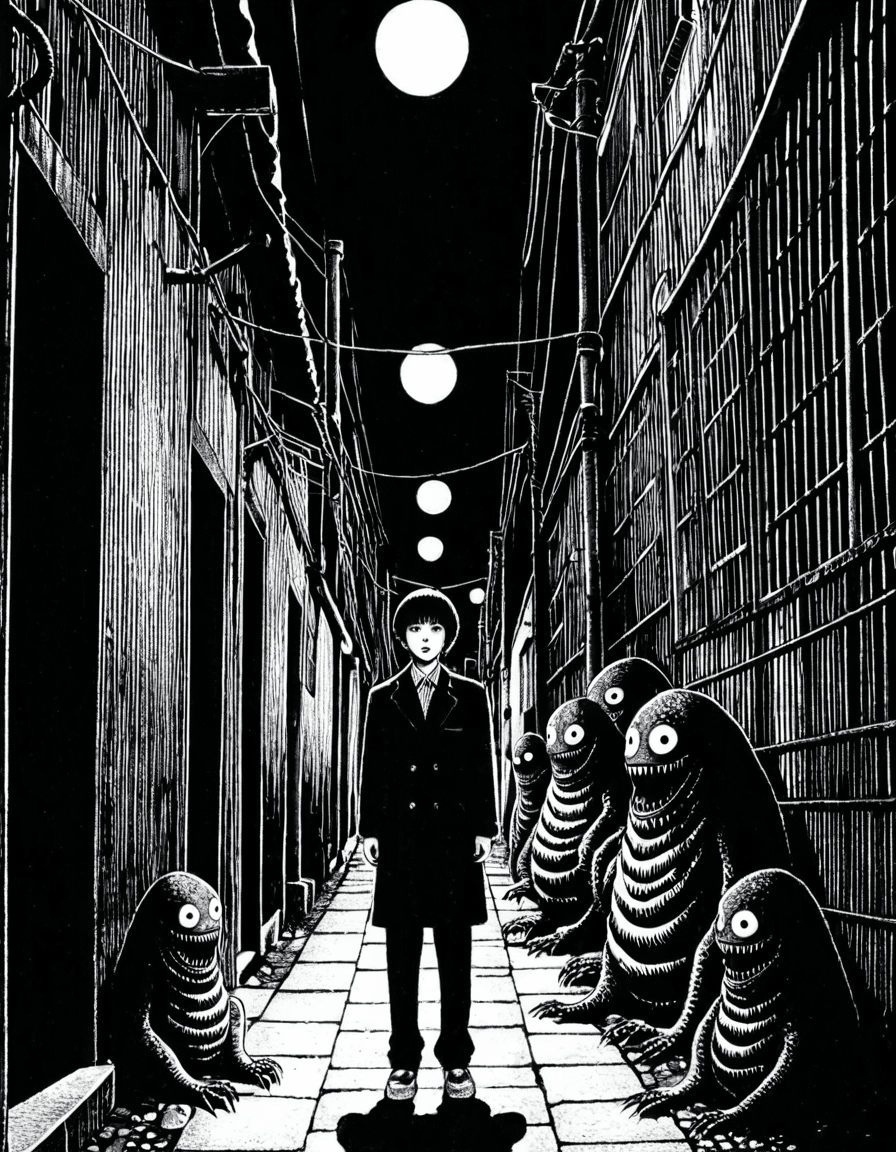
2. Top 5 Dark Themes in ‘Madoka Magica’ That Challenge Genre Norms
Now, let’s dive deep into the murky waters of Madoka Magica. Here are five dark themes that the series doesn’t shy away from:
In “Madoka Magica,” every innocent wish comes with a haunting twist. Unlike its cheerful predecessors, the show reveals how the seemingly innocent desires of young girls are often laced with tragic consequences. The price of wishing can lead to devastating betrayals that shatter childhood dreams. Imagine wanting a puppy but ending up with a feral dragon instead!
Talk about deep! The show emphasizes that sometimes hope feels utterly futile. With choices that can lead to despair, “Madoka Magica” manages to echo the anxieties of modern life. Every decision comes with heavy responsibilities, and let’s face it—who among us hasn’t felt that crushing weight of uncertainty?
Traditional magical girl shows romanticize friendships as unwavering bonds. In “Madoka Magica,” however, those friendships can be twisted and tested at the worst possible times. The pressures of societal expectations often warp relationships, making them fraught with distrust and disillusionment. Just like in high school, sometimes friends can become your fiercest competitors.
The characters in “Madoka Magica” deal with painful truths about sacrifice, which starkly contrasts with the consumable narratives of series like “Sailor Moon.” Instead of easily saving the day, characters face real anguish and loss. Sacrifice in this show feels less like a noble act and more like a heavy burden.
Forget about the classic magical girl transformations that symbolize purity and justice! “Madoka Magica” flips the script by showing us how such power can lead to corruption. It showcases that power isn’t just a weapon for good; it can turn heroes into villains. Who doesn’t love a good moral conflict, right?
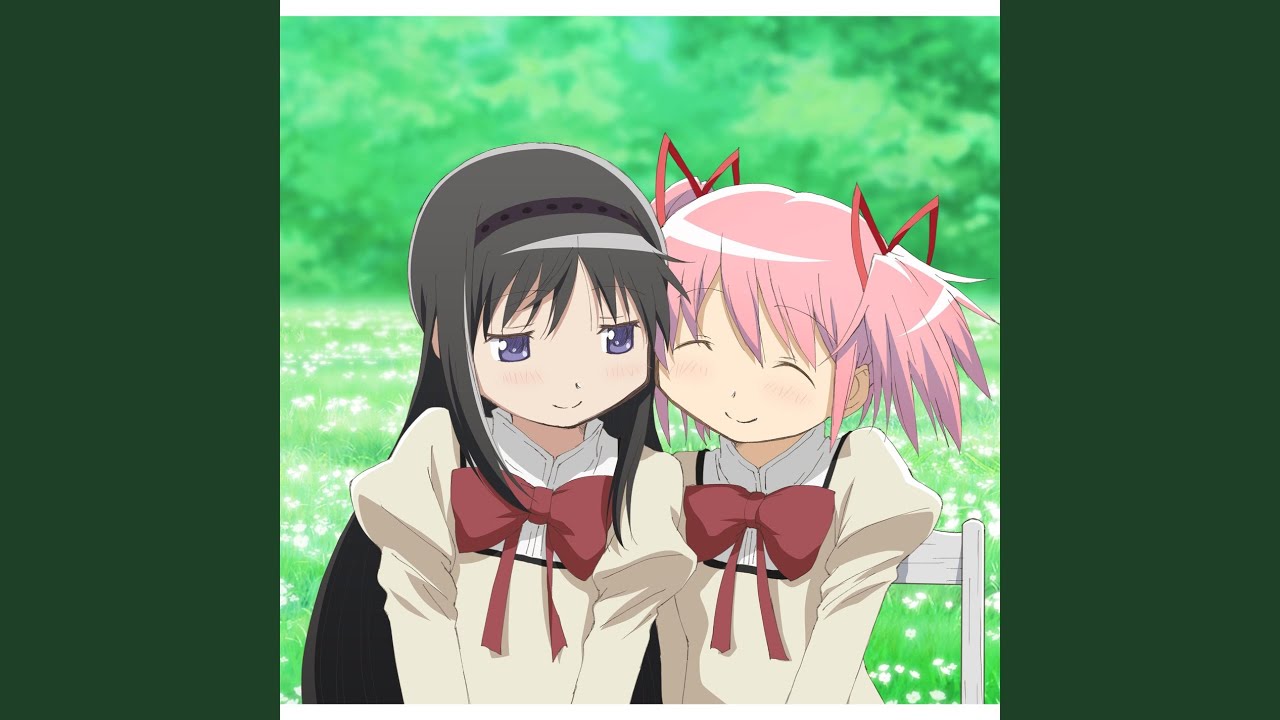
3. The Influence of ‘Madoka Magica’ on Pop Culture and Cinema: A Case Study
“Madoka Magica” didn’t just stop at changing anime; it spread its wings into the broader facets of pop culture. Creators around the globe took notice, leading to a variety of influential projects. For instance, the hit film “Birds of Prey,” starring Margot Robbie, embraces elements of empowerment layered with darkness. Just like Madoka and her friends, our antiheroes have to navigate twisted loyalties and their internal struggles.
Zendaya’s role in “Euphoria” draws a parallel to the psychological depth introduced in “Madoka Magica.” Her character’s journey resonates with those who find themselves caught between high expectations and harsh realities—again, just like our magical girl friends who faced their demons head-on. Clearly, Madoka’s influence has cast a long shadow, reaching young audiences grappling with anxiety and complex lives!
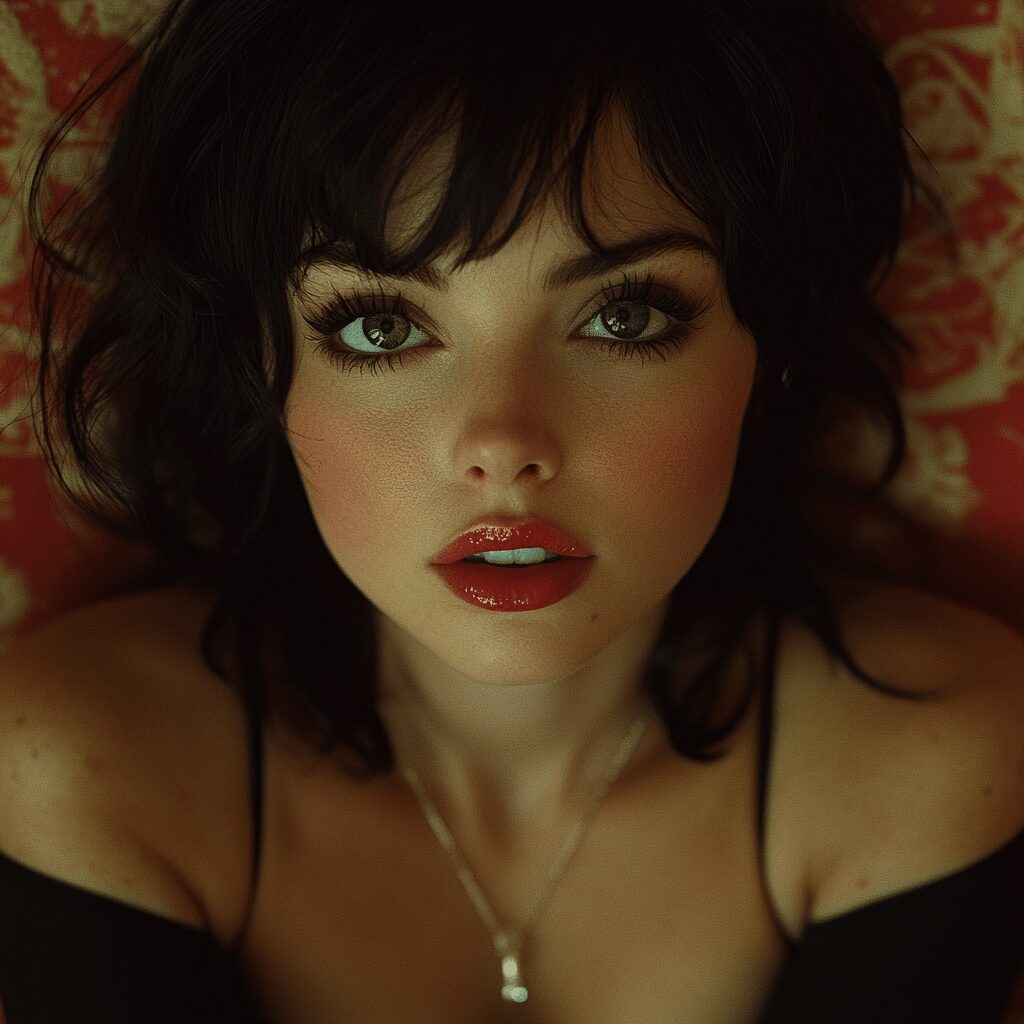
4. Legacy of ‘Madoka Magica’: Comparing with Other Influential Works like ‘Princess Mononoke’
Speaking of legacies, let’s put “Madoka Magica” alongside Studio Ghibli’s “Princess Mononoke.” While both tell gripping stories featuring powerful female leads, their focus diverges in fascinating ways. “Princess Mononoke” critiques industrialization and celebrates the harmony of nature. It explores strong environmental themes and complex moral dilemmas, advocating for balance amidst chaos.
On the flip side, “Madoka Magica” critiques the ideals of heroism and the commercialization of fantasy. It doesn’t sugarcoat the impact of choices; it makes you question the very essence of what it means to be a hero. Both series delve into the unintended consequences of our decisions, making them contemporary classics worth revisiting. They challenge us to think critically about our cultural narratives, reflecting the struggles we all face as humans.
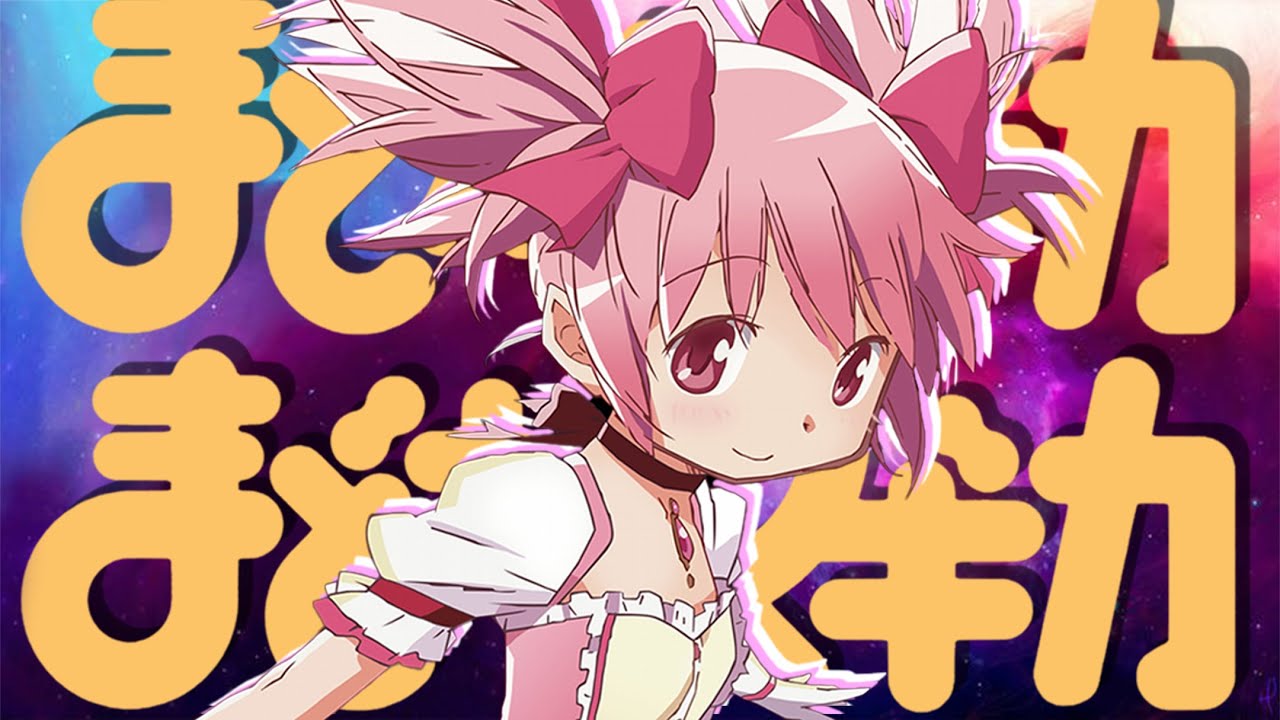
5. The Future of the Magical Girl Genre Post-‘Madoka Magica’
Fast forward to 2026, and the magical girl genre is bustling with life! It’s been gradually evolving to mirror the significant changes in societal expectations and challenges we face today. Recent series like “Re:Creators” and “Fate/Grand Order” embrace the darker themes pioneered by “Madoka Magica,” melding them with modern explorations of identity and purpose.
The transformation isn’t just cosmetic; it symbolizes an ongoing journey where themes of anxiety and ethical dilemmas take center stage. Traditional magical girl elements still shine brightly, yet the willingness to confront darker realities reigns supreme. As creators navigate this path, they unveil a canvas filled with insightful commentary, quirky characters, and captivating stories.
Ultimately, “Madoka Magica” challenged us to reevaluate the magical girl genre while ushering in a future full of promise. Today’s creators must carry this legacy forward, keeping the design fresh and engaging for new audiences. Magical girls aren’t just nostalgic figures; they’re powerful symbols of resilience and complexity in storytelling.
So the next time you find yourself wishing for a cute companion or a sprinkle of magical fun, remember the deeper implications hidden within that sparkling exterior. After all, as “Madoka Magica” warns us, the magic may come with consequences. Stay curious, folks!
And hey, if you’re itching for some lighter reading, check out our latest articles on The latest Eliza j Dresses or grab some popcorn for the upcoming Bonhoeffer movie. And don’t forget to look at some of the upcoming productions starring lovely Robin Wright in Her latest Movies And TV Shows. Happy watching!
Madoka Magica: The Dark Secrets Behind the Magical Girl Trend
Behind the Magic
“Madoka Magica” isn’t just another magical girl anime; it flips the script on the genre, revealing darker undertones. One interesting tidbit is that the series was so groundbreaking it inspired discussions about major themes like morality and sacrifice. It ignited conversations across platforms, even landing features in mainstream media outlets like Fox News for its unexpected twists. The show redefined what magical girl narratives could tackle, steering away from the typical cuteness associated with the genre.
Another fun fact is that the creators behind “Madoka Magica” were heavily influenced by western mythology as they crafted the storyline. The character designs had a sprinkle of inspiration from classic tales of witches and magic, drawing parallels to legendary creatures like the dragon. The emotional complexity of each character resonates well with audiences, especially when you realize that it tackles issues like despair and hope against all odds.
Cultural Impact
The show’s impact even seeped into the realms of film and literature. Fans often draw similarities between “Madoka Magica” and other beloved series, such as Percy Jackson And The Lightning Thief, showcasing how themes of heroism evolve over different cultures. It’s fascinating to think how “Madoka Magica” managed to forge a community of passionate viewers, thanks to its riveting storytelling and unexpected character arcs. Also, behind the scenes, the director, Akiyuki Shinbo, is known for his distinctive style that has won appreciation from renowned critics like Omar Khan.
The series didn’t shy away from real-world impacts either. Following its premiere, there was a surge in fan discussions about mental health, paralleling the life issues faced by the characters in “Madoka Magica”. In part due to this cultural relevance, it became a topic of conversation not just on anime forums but also made headlines on platforms analyzing tragic events, even in contexts like daily post Deaths.
So, whether you’re revisiting the tragic beauty of “Madoka Magica” or diving in for the first time, it’s hard to ignore its lasting influence on the magic girl genre. It’s a series that continues to remind us that sometimes, the most enchanting stories come with a hefty dose of darkness. Especially for those in cooler places or different time zones, like Austin , Texas, late-night binge-watching might just lead to some unexpected reflections!
